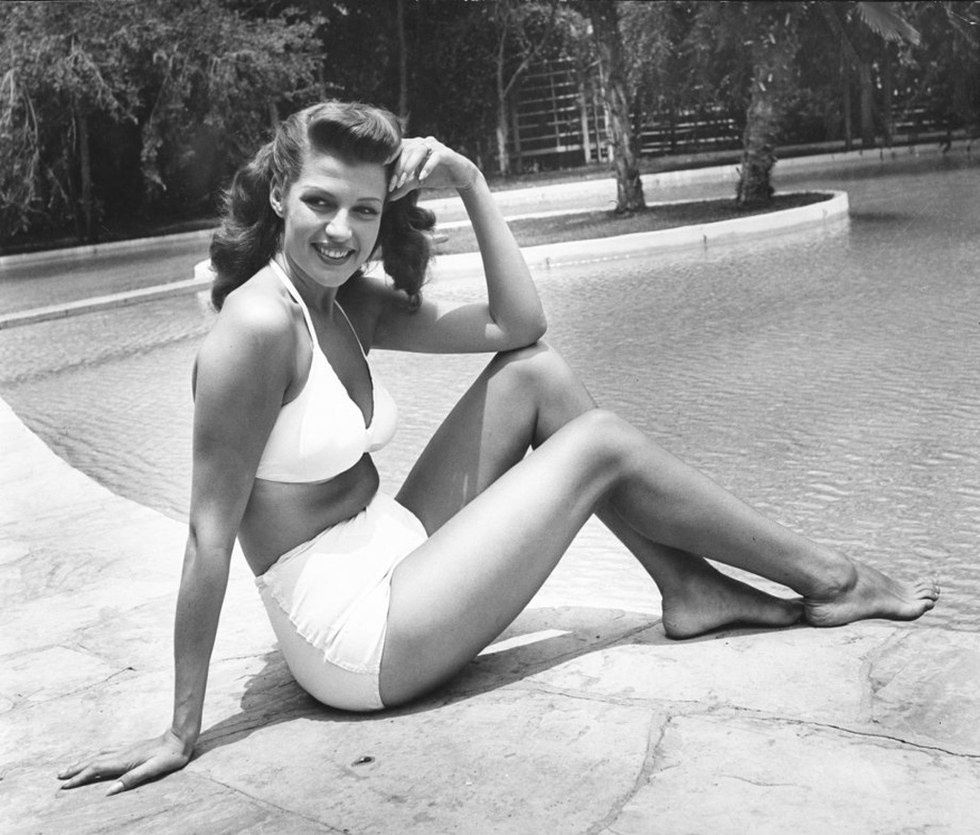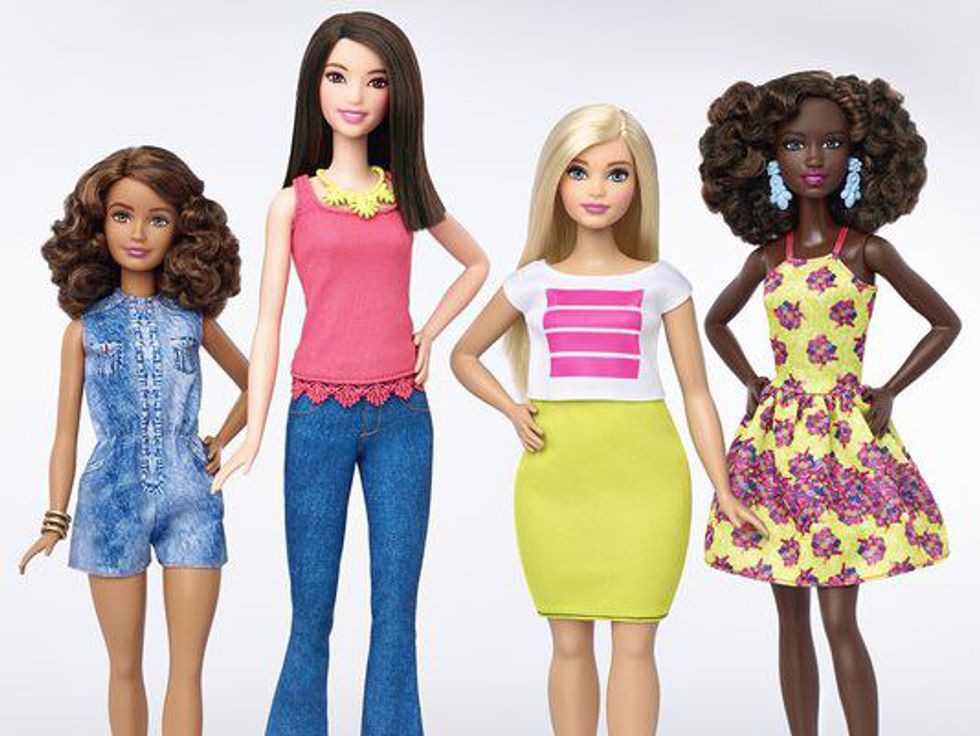On July 5, 1946, French designer Louis Réard plunged into the fashion industry when he created the "smaller than the smallest swimsuit." He called it the bikini, and it soon became one of the most iconic garments in American fashion history, as it gave way to a new sort of liberation for women across the country.
But what started out as a new way for women to express themselves, slowly became an outlet for the over-sexualization of the female body, leading to excessive body-shaming.
From the get-go, Réard and bikinis received an outpouring of backlash through comments such as: "It is hardly necessary to waste words over the so-called bikini since it is inconceivable that any girl with tact and decency would ever wear such a thing" and "A two-piece bathing suit which reveals everything about a girl except for her mother's maiden name." Bikinis were even made illegal in the 1940s and '50s in countries such as France, Spain, Italy, Portugal and Australia, with parts of the United States prohibiting or discouraging women from wearing the infamous item.
And that was back when the typical bikini looked like this:
To put it simply, over time, the ideal female body has shifted, and it seems as though the original concept of "freedom of expression" has been lost. Wearing a bikini was initially supposed to be a liberating experience. Now, women can't go out in public without wondering what sort of comments, looks and judgment will be thrown their way.
Initially, women were scrutinized for showing too much skin. If they wore bikinis, they became known as floozies, obtaining a bad reputation because of their choice in clothing.
Today, women are denounced and demeaned for not showing enough skin and being too covered, while simultaneously being shamed for showing off their body and curves. It's almost impossible to walk into the bikini section of a store and find bottoms that completely cover both butt cheeks, while tops continue to get smaller and smaller, most competing in tininess with bras and lingerie.
The 70th anniversary of the bikini reminds society that body-shaming is alive and real. This landmark occasion accompanies other shifting societal norms that point out serious cultural flaws, such as the evolution of the Barbie doll and the infamous "thigh gap" fad that went viral across social media platforms such as Pinterest and Instagram.
In January of 2016, Barbie released a new line of dolls, providing young girls the chance to find a doll that more accurately resembles them.
The company launched new petite, tall and curvy dolls, while corporations such as TIME released statements such as:
"THEY’LL ALL BE CALLED BARBIE, BUT IT’S THE CURVY ONE—WITH MEAT ON HER THIGHS AND A PROTRUDING TUMMY AND BEHIND—THAT MARKS THE MOST STARTLING CHANGE TO THE MOST INFAMOUS BODY IN THE WORLD."
And while most see it as wonderful that Barbie is finally expanding their line of dolls, I feel as though it only proves the fact that societal priorities are revolting and out of control.
Why must dolls be labeled at all? Are the labels "tall," "short" and "curvy" really necessary? These tags go hand-in-hand with those seen in department stores. The "plus-sized" and "petite" sections of stores further the divide amongst women, making females that much more conscious of their body types and the stigmas that go along with them.
Back in 2012, the internet exploded with yet another ridiculous body phenomenon known as the "thigh gap." Surfacing almost immediately after the Victoria's Secret Fashion Show, a thigh gap can be defined as "a space between the inner thighs of some women when standing upright with knees touching."
The fact that there's a definition for such a ridiculous term should be a sign that our culture has hit the downward spiral.
Since when did a woman having space in between her legs make her sexy or attractive? When did people start caring whether or not a woman had space in between her legs?
Why does it matter?
It shouldn't, but it does.
If your thighs don't touch, that's OK, and if your thighs do touch, that's OK too.
So, when we're remembering and commemorating the bikini and its impact on society, let's remember why Réard created it in the first place: to celebrate the female body and allow for more self-expression.
I'm sure that Réard would be ashamed of our society knowing that his beloved bikini has become a major weapon in the battle of body-shaming.
























